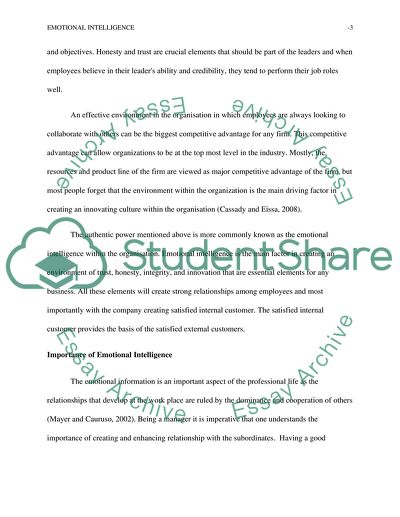Cite this document
(“Significance of Emotional Intelligence Research Paper”, n.d.)
Significance of Emotional Intelligence Research Paper. Retrieved from https://studentshare.org/human-resources/1799500-emotional-intelligence
Significance of Emotional Intelligence Research Paper. Retrieved from https://studentshare.org/human-resources/1799500-emotional-intelligence
(Significance of Emotional Intelligence Research Paper)
Significance of Emotional Intelligence Research Paper. https://studentshare.org/human-resources/1799500-emotional-intelligence.
Significance of Emotional Intelligence Research Paper. https://studentshare.org/human-resources/1799500-emotional-intelligence.
“Significance of Emotional Intelligence Research Paper”, n.d. https://studentshare.org/human-resources/1799500-emotional-intelligence.


